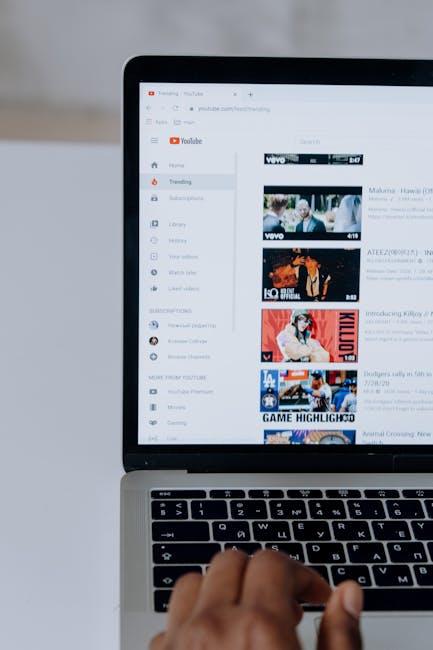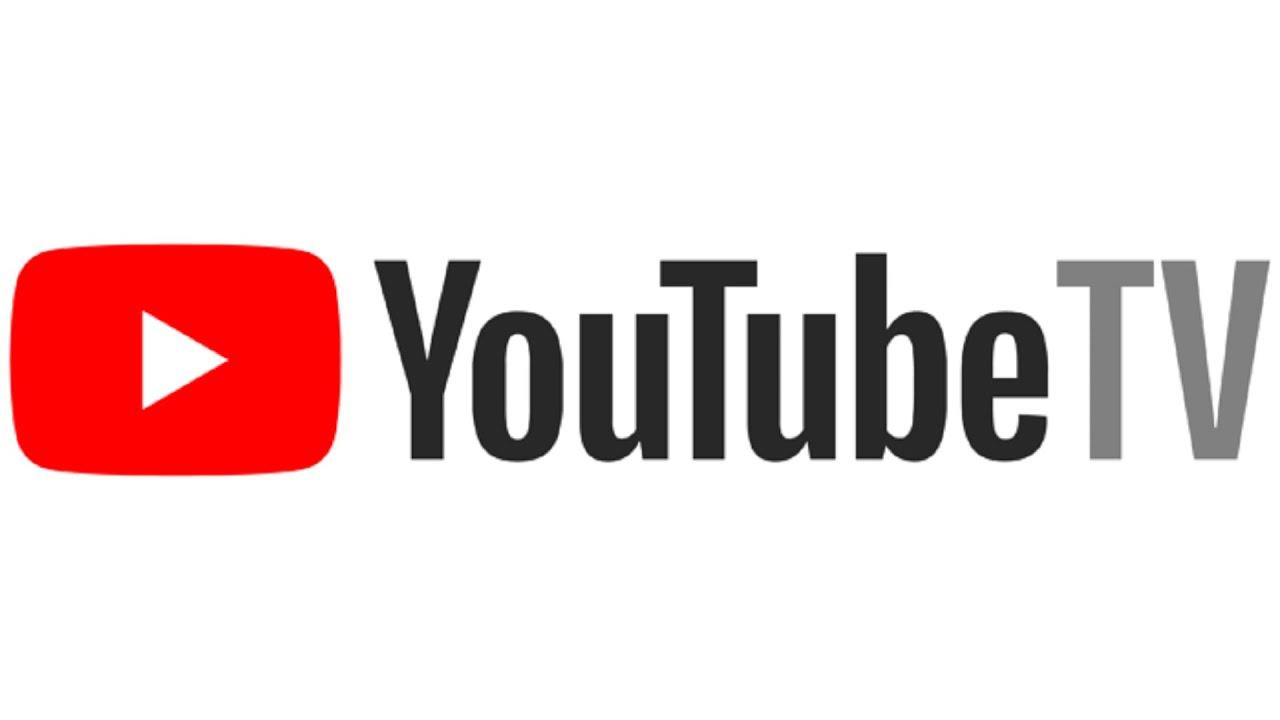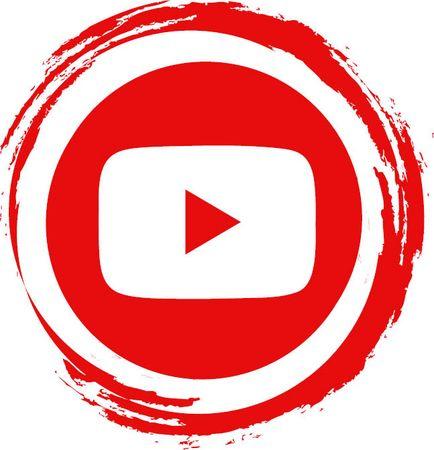Hey there, fellow digital explorers! Ever sat down with your favorite snack, ready to binge-watch the latest cat video or an episode of that thrilling documentary, only to be met with the dreaded buffering circle? Ugh, the frustration! YouTube’s streaming can feel like wading through molasses sometimes, and if you’ve ever asked yourself, “Why is YouTube so slow?” you’re definitely not alone.
In this fast-paced world where we expect instant gratification, a soupy stream of pixelated images can turn even the most patient of us into anxious viewers. But what’s really going on behind the scenes? Is it us, our internet connection, or some mysterious force lurking in the digital realm? Join me as we dive deep into the streaming mystery, unraveling the techy tidbits and offering some solutions to help you get back to what really matters—watching those amazing clips without the wait! Let’s get started!
Understanding the Culprits: What Slows Down Your YouTube Streaming Experience
Let’s face it, nothing is more frustrating than settling into your favorite YouTube video only to be met with buffering glitches, pixelated images, or worse, a complete stall. While you might be ready to throw your device out the window, there are several often-overlooked factors that could be messing with your streaming experience. Consider internet speed—if your connection is slower than a sloth on a lazy day, you’re bound to hit that buffering wall. Even if you’re on a fast plan, fluctuations can occur, affecting your viewing pleasure. Plus, your router’s position plays a huge role. If it’s tucked away in some corner of your home, you might as well be watching from a separate dimension!
Another sneaky culprit is network congestion. If you’re sharing your Wi-Fi with multiple devices, say, your family’s streaming shows, gaming, or video calls, everyone is competing for bandwidth. It’s like trying to fit everyone in an elevator meant for two—someone’s always getting squeezed out. Also, don’t shrug off the importance of browser issues; an outdated version or a pile of cached data could slow things down significantly. Sometimes, just clearing that clutter or switching to a different browser can be a game changer. In short, keeping an eye on these factors can help you regain the streaming smoothness you crave!

The Internet Highways: How Your Connection Speed Plays a Key Role
Ever noticed how scrolling through videos can sometimes feel like waiting for molasses to pour? That’s where your internet connection speed comes into play. Think of it like a highway: the wider the highway (or faster your connection), the more cars (or data) can zip through simultaneously. If you’re on a narrow road, you’ll encounter traffic—buffering, pixelation, and a whole lot of frustration. It’s not just about speed, though; the consistency of that speed is crucial. A connection that fluctuates can lead to those annoying pauses right in the heat of the moment when you’re ready to binge-watch your favorite series.
Now, let’s break it down a bit. You’ve got different factors affecting your experience:
- Bandwidth: This is the maximum amount of data that can pass through your connection at any given time. Higher bandwidth means smoother video!
- Latency: This is the delay before the transfer of data begins. Lower latency is critical for live streaming.
- Network Congestion: If everyone in your house is streaming or gaming at the same time, it can choke your connection.
Understanding these elements can help make your next YouTube marathon much more enjoyable. Aim for that sweet spot in terms of speed, and you’ll be whizzing through videos without a hitch!

Device Decisions: Are You Using the Right Gear for Smooth Streaming?
When it comes to streaming your favorite YouTube videos without a hitch, the gear you’re using can make all the difference. Ever notice how your friend’s cat video loads in the blink of an eye while yours takes an eternity? It’s probably not just the internet; your devices have a role to play too. Here are a few things to consider about your gear:
- Device Age: Old devices can struggle with today’s high-definition content, leading to buffering and lag. If your phone or tablet is on its last legs, it might be time for an upgrade.
- Connection Type: Using a wired connection? Great! Wireless? It can be spotty. Your streaming quality depends heavily on the stability of your connection.
- Browser Choice: Different browsers handle streaming differently. Some are optimized for performance, while others may slow you down.
And don’t forget about the software you’re running. Keeping your operating system and apps updated can help enhance performance significantly. It’s like tuning up your car – a little maintenance goes a long way. Let’s break it down:
| Device Type | Recommended Specs |
|---|---|
| Smartphones | Latest Generation, 4GB RAM+ |
| Laptops | i5 Processor, 8GB RAM+ |
| Tablets | Latest OS, 4GB RAM+ |
Choosing the right equipment can feel overwhelming, but think of it this way: would you try to run a marathon in flip-flops? Exactly! So take a moment to assess your gear and make a few tweaks if needed. You’ll be zipping through YouTube in no time!

YouTube Settings: Tuning Up Your Preferences for Optimal Performance
When it comes to getting the most out of your YouTube experience, a little tweak here and there in your settings can go a long way. Have you ever found yourself staring at that dreaded buffering wheel? Well, adjusting your playback settings might just save your sanity. Start by jumping into the settings gear icon, where you can select the quality of your video. If you’re using a slower Internet connection, setting your videos to a lower quality like 480p can fluidly ease your streaming woes. Also, turning off autoplay can help control data usage if you’re streaming on a mobile connection, so you don’t end up with a surprise slow-down after binge-watching your favorite series. Plus, you might want to check out the data saver mode—this nifty feature lightens the load on your bandwidth and can keep things rolling smoothly.
Furthermore, let’s talk about notifications and subscriptions. A cluttered homepage can slow down your browsing experience. Managing your subscriptions can declutter your feed and help you focus on the channels you genuinely care about. You might even consider grouping channels into playlists for a more organized viewing schedule. Don’t forget about your privacy settings too; adjusting who can see your subscriptions can help create a more personalized atmosphere. The right mix of settings not only enhances performance but also redefines how you interact with content. So, dive in and explore! Is there anything more satisfying than a platform that just works the way you want it to?
Concluding Remarks
And there you have it! We’ve cracked the code on why YouTube sometimes feels like it’s moving at a snail’s pace, have we not? Whether it’s a pesky internet connection dancing with interference or the platform itself juggling millions of videos, understanding these factors can really help tune your streaming experience.
Next time you’re sitting there waiting for that video to load, you’ll know it’s not just you—it’s the dance of technology, connectivity, and sometimes, a little bit of luck. So, don’t let those buffering wheels drive you crazy! Armed with this knowledge, you can tweak your settings, check your speed, or even hit that refresh button with confidence.
If you found this little journey into the world of streaming enlightening, why not share it? Who knows, you might just save a friend from the clutches of the buffering monster! Keep those connections strong, those videos rolling, and remember: in the world of streaming, patience is more than a virtue—it’s a necessity. Happy watching! 🎥✨



